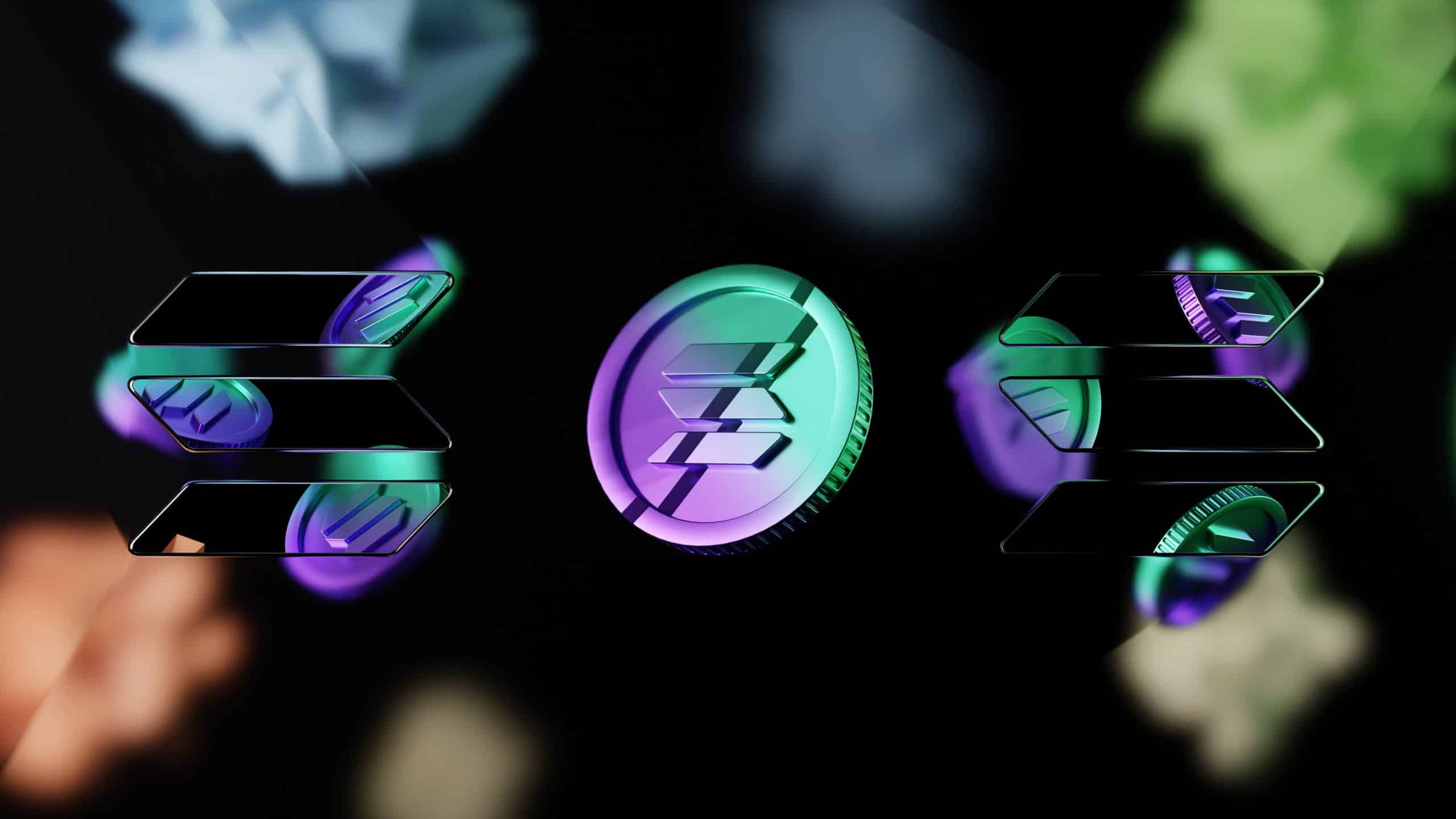Phantom, the largest self-custody wallet on Solana, is expanding to other blockchains
In an announcement on Tuesday, Phantom said it was adding support for Ethereum and Polygon.
Phantom said it was founded with the intention of eventually going multichain towards Ethereum and the integration has been in the works for months.
“It’s clear that self-custody is now more important than ever. But the multichain future feels uncertain with how people are expected to manage different wallets on different chains,” said Phantom.
Phantom as a multichain wallet means that users won’t need to toggle between the different ecosystems for daily on-chain transactions. The wallet’s features include a way to burn spam, manage listings and showcase NFTs in all file formats and devices.
Phantom expects to roll out invites to the multichain wallet’s public beta in the next few weeks, after which it has a full public launch planned.
“Maintaining a chain agnostic approach helps connect all participants across the digital landscape and ultimately benefits all ecosystems,” tweeted NFT project Ape.
While some members of the crypto community welcomed the move as a step towards blockchain interoperability, others interpreted it as a trend of projects moving away from the Solana blockchain.
https://twitter.com/evan_van_ness/status/1597668492177965057
Solana’s DeFi ecosystem declined considerably after FTX’s collapse. Three weeks after the exchange went down, the Total Value Locked (TVL) in Solana fell 60% to $289 million. At the time of writing, TVL in Solana had dropped to $279 million – a far cry from its all-time high of $10 billion last year.
According to on-chain analyst Dylan LeClair, much of the Solana bull market was driven by FTX and Alameda funneling user funds into illiquid assets in the ecosystem.
“Similarly, much of the “Total-Value Locked” in the Solana DeFi ecosystem was faked through protocol obfuscation,” tweeted LeClair last week.



